Hydrocortisone For Acne: Can It Really Clear Your Skin?
You might have heard that hydrocortisone can be used for acne treatment. But is this medication the final answer to your acne woes or not? Let’s find out!
On Dec 1, 2023 – 7 minutes read
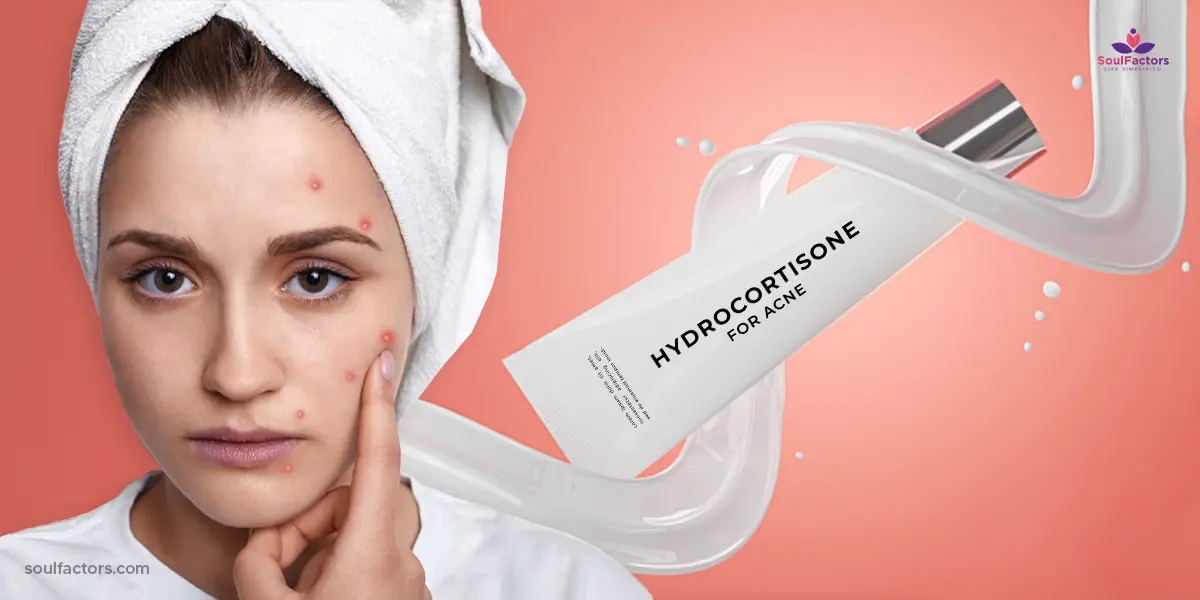
If you have been contemplating using hydrocortisone for acne, this blog post is for you!
Available over the counter and through a doctor’s prescription, this medicine is available in many dosage forms, like hydrocortisone cream, hydrocortisone ointment, hydrocortisone tablets, and even hydrocortisone injection. It is usually used as a cream or an ointment for spot treatment of acne.
But before you go ahead and pick up a tube from your local pharmacy store to address your acne problem, go through this write-up to gather must-know information regarding the use of hydrocortisone for acne.
What Is Hydrocortisone?
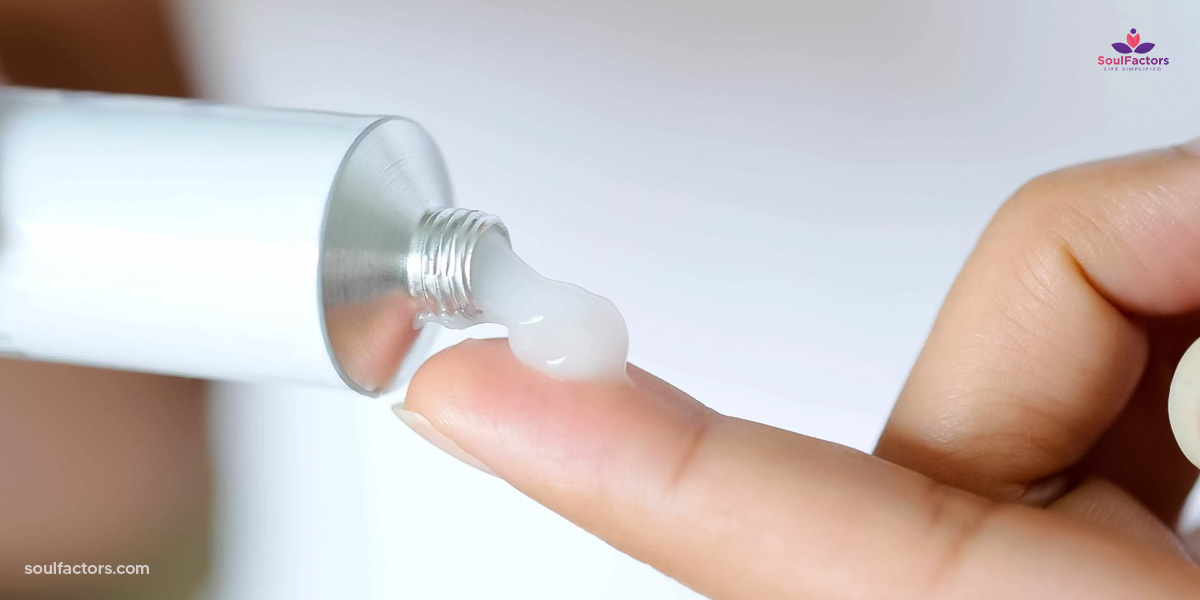
Our body fights inflammation through a hormone known as cortisol, which is naturally produced in our bodies. At times, when our body produces less cortisol or needs a little extra help to tackle inflammation, doctors prescribe hydrocortisone (the synthetic form of cortisol) as a medication.
Chemically, hydrocortisone is a corticosteroid and falls into topical steroids. It helps relieve inflammation and other associated symptoms like irritation, itching, and redness.
Because of its ability to counter these troublesome symptoms, hydrocortisone uses include treating inflammatory skin conditions like insect bites, eczema, psoriasis, heat rash, and contact dermatitis.
In regards to acne treatment, although frequently used by many for self-medication, hydrocortisone for acne is not considered a standard treatment. Keep reading to know why.
Is Hydrocortisone Safe To Use?
Although hydrocortisone is an FDA-approved drug, it may cause unwanted side effects in some individuals. A study found when used incorrectly or beyond the time frame suggested by healthcare providers, it can cause skin thinning, reduced skin elasticity, and poor wound healing(1).
Another clinical study discussed how the misuse of topical steroids like hydrocortisone has become a problem worldwide(2). People often use the medication to fix conditions like forehead acne but end up with worsened skin due to the occurrence of side effects like steroid rosacea and acneiform (acne-like) eruptions.
Therefore, you must be cautious when using hydrocortisone for acne or other skin conditions.
The best way to ensure you don’t end up having side effects is to consult your doctor before you start using the medication. Seek their advice to understand if hydrocortisone can help you resolve your concern, and follow their instructions religiously.
Most problems are a result of misuse, so use the medicine exactly as suggested by your doctor and minimize your chances of getting unwanted side effects.
How Well Does Hydrocortisone Cream Work For Acne?
The fact that hydrocortisone cream(3) can relieve swelling, redness, and itching means that applying a dab of hydrocortisone to the affected area can calm acne and angry pimples.
So, if you have wondered, does hydrocortisone help acne redness and inflammation? Then yes. The medicine can reduce redness and inflammation and make the site look better. However, it won’t have much effect on clogged pores with tiny specs that have no redness or swelling.
And what about cystic acne? Does hydrocortisone help cystic acne, too? Well, using hydrocortisone cream for cystic acne can provide some relief from inflammation and redness, which are characteristic of this severe form of acne. Again, this is just a temporary fix and not the final solution to this problem.
So, it’s better to get proper treatment under a doctor’s guidance rather than try to fix it on your own.
When And How To Use Hydrocortisone For Acne?
Experts suggest using hydrocortisone cream no more than 1-2 times a day for spot acne treatment unless a doctor advises more. Follow the steps given below for applying hydrocortisone for acne:
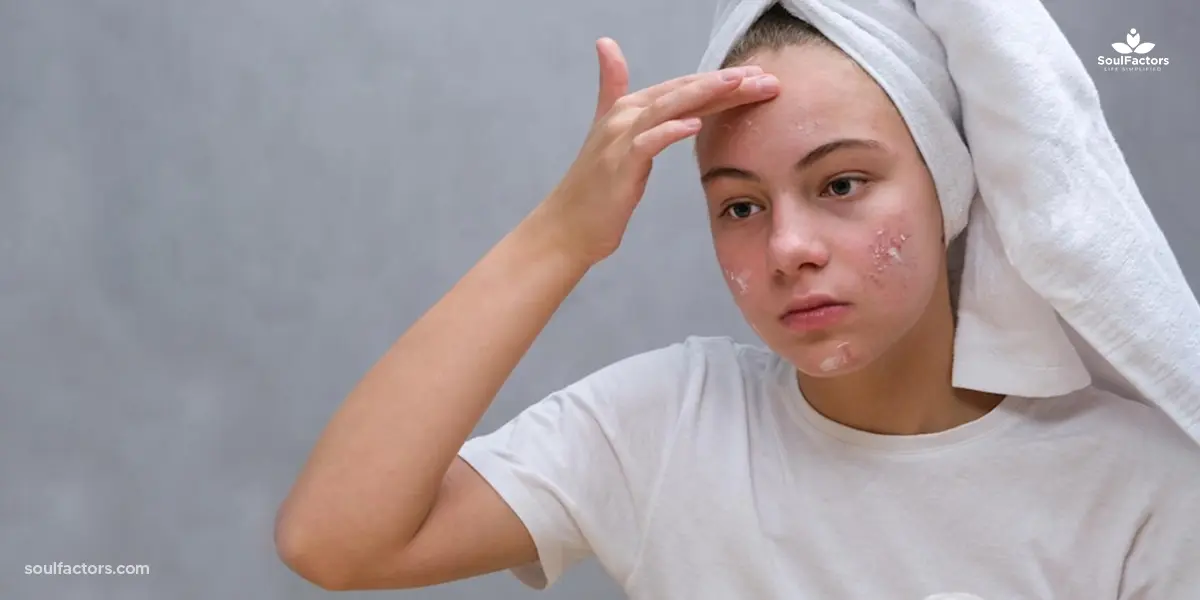
- Step 1: Begin by cleaning your face with a mild, non-irritating facial cleanser and pat dry with a fresh, soft towel.
- Step 2: Take a small quantity of hydrocortisone cream on your clean finger and dab it onto the affected area. Gently rub it in.
Use hydrocortisone cream until inflammation subsides or it’s been a week of using the medication, whichever is earlier. Discontinue using hydrocortisone cream if you experience side effects or don’t find relief within a week, and connect with your provider.
⚠️Word of caution: While hydrocortisone can help with acne and pimples, never apply hydrocortisone cream on popped pimples or broken skin.
Effectiveness Of Hydrocortisone On Acne
Don’t get all excited looking at the hydrocortisone cream for acne before and after pictures online.
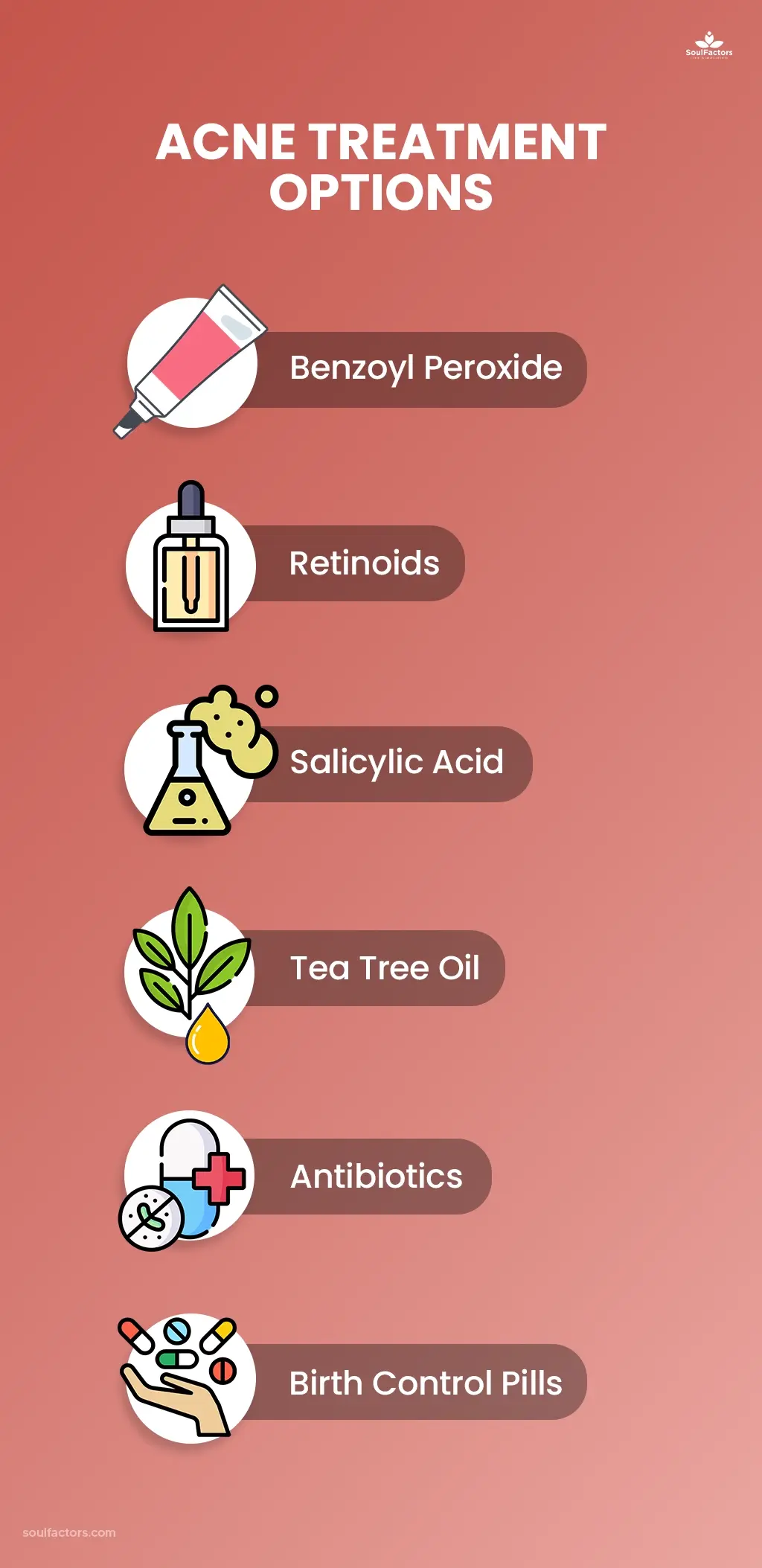
It is true that hydrocortisone suppresses the body’s inflammatory response and can effectively relieve swelling and redness associated with acne and pimples, but it is not a conventional treatment for this common skin problem.
The reason is that hydrocortisone does not address the root cause of acne, which is fighting acne-causing bacteria and regulating excess sebum production. Because hydrocortisone does not solve these two main problems, it only serves as a cosmetic fix for acne.
And in case you’re wondering, does hydrocortisone help with acne scars? Unfortunately, there’s not much evidence stating that hydrocortisone can fade acne scars. So, it may or may not work against scarring.
Therefore, doctors might advise combination therapy for long-term acne management using hydrocortisone cream with benzoyl peroxide, retinoids, salicylic acid, or sulfur. This way, all factors causing acne are treated simultaneously for better control and results.
Hydrocortisone For Acne: Risks And Side Effects
Using a mild hydrocortisone cream for acne is usually safe for most people. You may experience a stinging or burning sensation for a couple of minutes when you start treatment. This happens because your skin responds to a new medication. Although this usually gets better after a few days, let your doctor know about it and follow their instructions if this happens to you.
Then, there are some less common side effects associated with the topical use of hydrocortisone.
🛑 Stop using the medication and call or visit your doctor if you notice:
- Skin dryness, irritation, redness, or itching
- Pain and swelling
- Acne flareup
- Skin thinning
- Skin softening
- Undesired hair growth
- Discoloration of the skin
Alternatives And Complementary Treatments
As every person’s skin reacts differently to different topical agents, hydrocortisone may or may not improve your acne. In that case, talk to your provider or a licensed dermatologist about alternative treatments.
They may suggest topical preparations containing benzoyl peroxide, salicylic acid, tea tree oil, or retinol for acne. Prescription-strength antibiotic creams or ointments can also help.
Sometimes, oral medications like antibiotics, anti-androgen drugs, or birth control pills are also prescribed for acne treatment. These days, there are a lot of skincare items on the market like body wash that claim to be able to treat acne.
Besides standard alternatives, you might also hear about contemporary treatment options like blue light therapy and hydrocortisone injections from your provider to address your acne-related concerns.
Hydrocortisone For Acne: Precautions And Warnings
Read the packaging and the information leaflet carefully, which comes with a tube of hydrocortisone, before you squeeze out a dab of it for application. Use as directed and for the time frame mentioned in the packaging or as stated by your doctor.
🛑 Do not use hydrocortisone in any form (unless prescribed by a doctor):
- In children less than ten years old
- If you are allergic to hydrocortisone
- If you’re on birth control pills
- If you’re on medications like anticoagulants or aspirin
- If you’re pregnant, trying to get pregnant, or are breast-feeding
- If you have or have had heart, liver, or kidney disease before
FAQs
Hydrocortisone treats inflammation and may not lighten or clear dark spots.
Products containing benzoyl peroxide are good for treating pimples and mild to moderate acne. It fights off bacteria and helps with healing.
By reducing itching, redness, and inflammation, hydrocortisone supports the healing of the skin.
Do not use hydrocortisone on your face unless your doctor says it’s okay for you to use it. Self-medication may worsen your skin condition.
Stick with over-the-counter spot treatments containing salicylic acid or benzoyl peroxide to clear acne quickly.
Applying a small amount of benzoyl peroxide cream can dry pimples overnight, as it helps remove excess oil and kill harmful bacteria.
Well, how long it will take for hydrocortisone to work on the face varies between individuals. Factors like the strength of the medicine and the severity of the condition play a role here. Normally, the cream starts working within a day or two after application, but you may not see immediate improvement. An over-the-counter hydrocortisone cream should bring improvement within a week. If not, contact your provider.
Corticosteroids, like hydrocortisone, can boost the fading of the pink hue of a scar and improve its appearance. However, it should not be used for long periods and should only be used under medical supervision.
Concluding Thoughts
Using hydrocortisone once in a while may serve as a quick fix to reduce the redness and inflammation associated with acne. But one must not forget that misuse or overuse of this medication can cause more skin irritation and worrisome side effects.
It may be tempting to use hydrocortisone cream for acne. But remember! It is not the official treatment for acne. It does not target sebum production and acne-causing bacteria, the main culprits behind acne formation. Therefore, talk to your provider and get the go-ahead before using hydrocortisone to calm those pesky pimples on your face.

Subscribe to Newsletter
Elevate your routine, stay on trend, and embrace a personalized beauty journey with our curated insights.
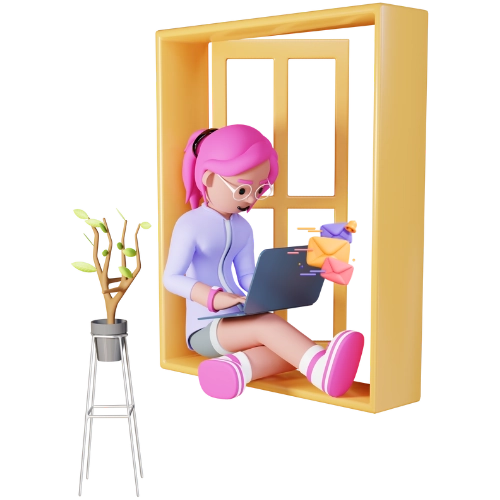

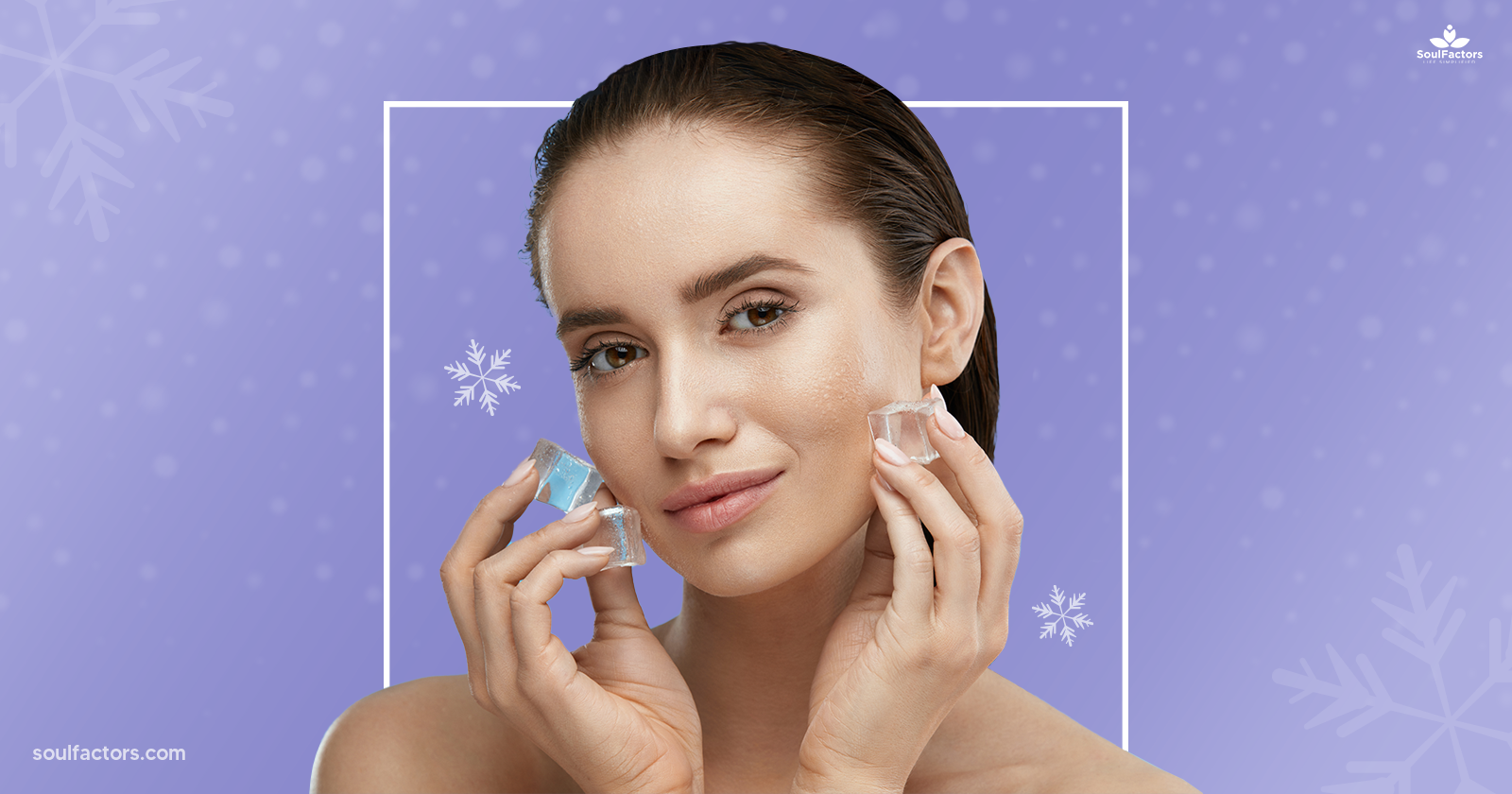
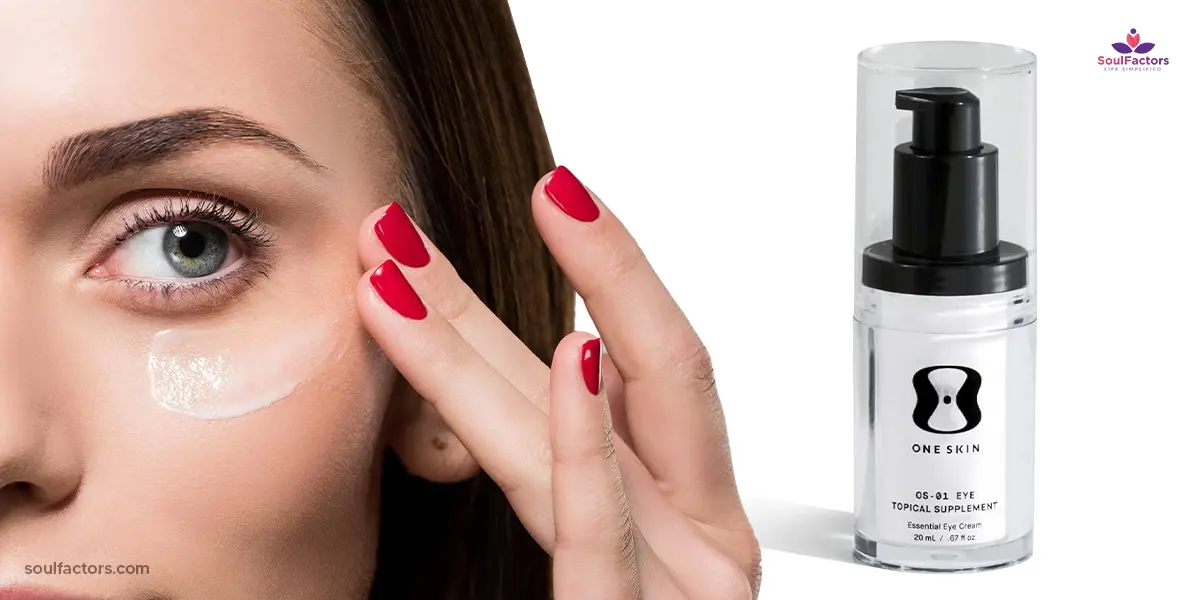
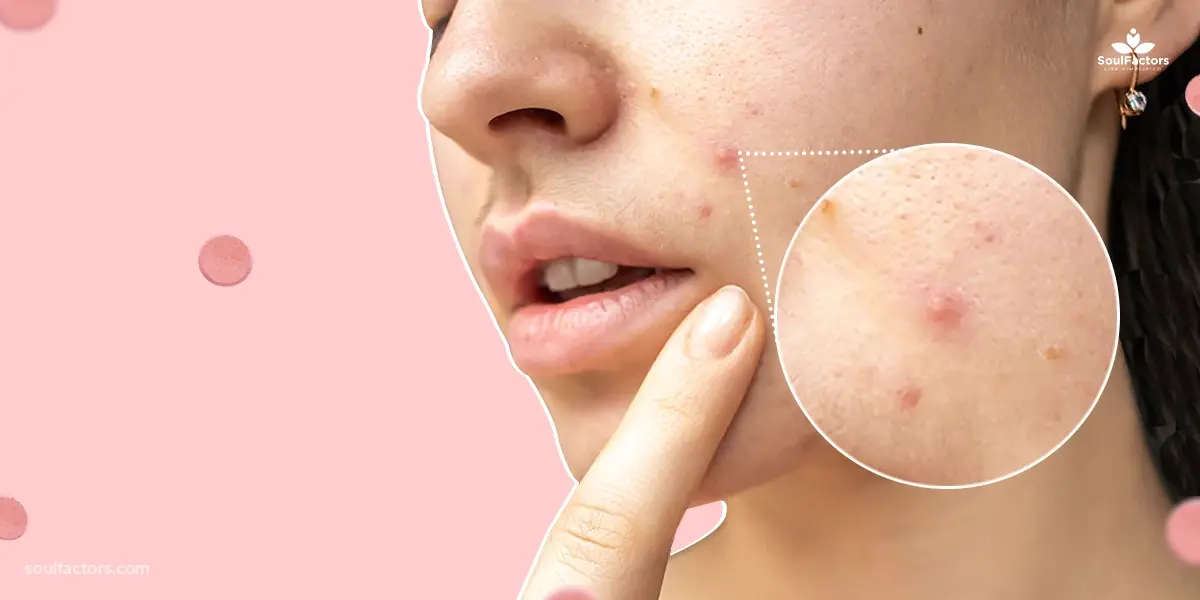
Write a Comment